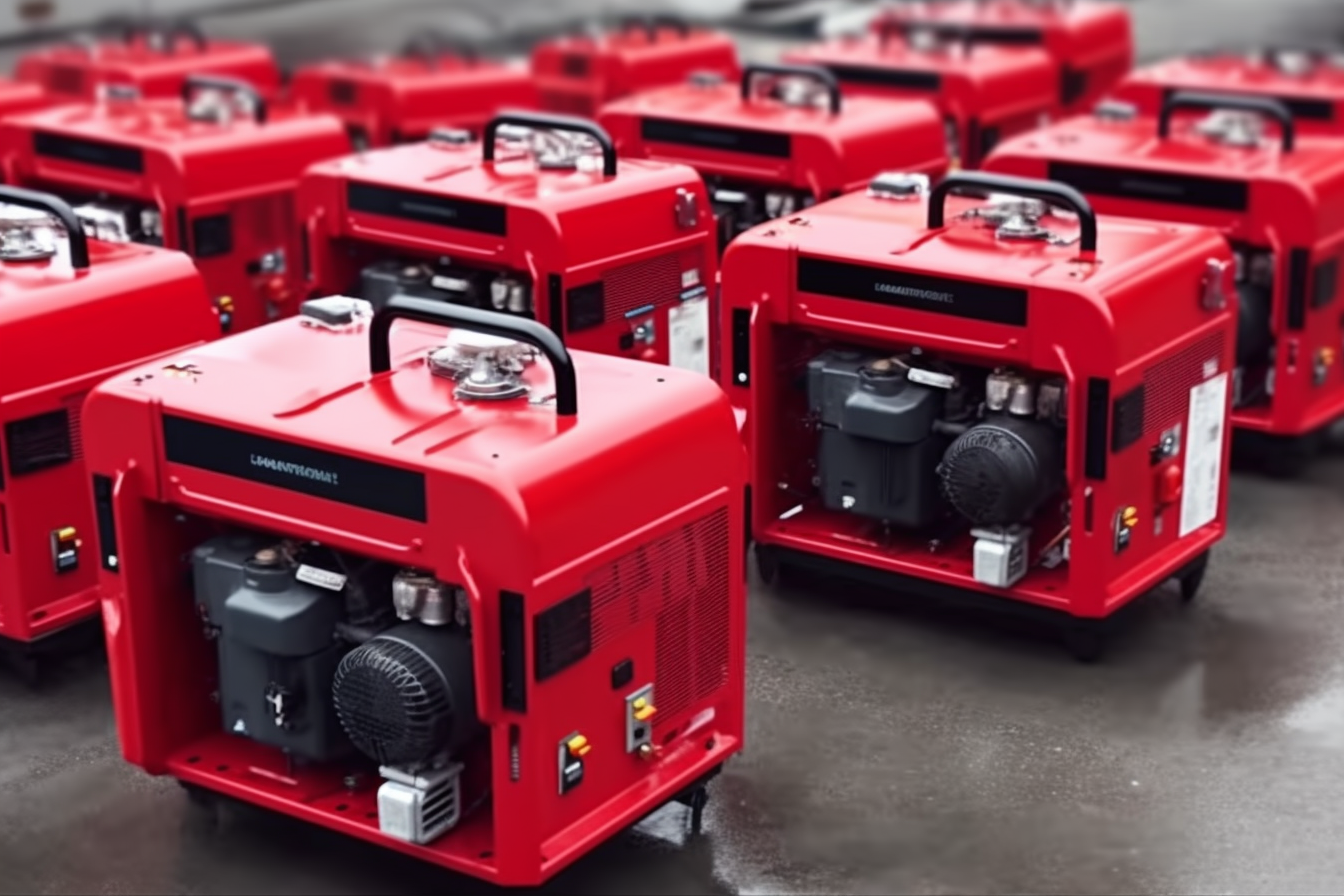No Deposit Apartments: A Renter's Guide to Affordable Housing Options
Renting an apartment typically involves significant upfront costs, including security deposits that can strain budgets. However, a growing trend in the rental market offers a solution: no deposit apartments. These rental options allow tenants to move in without paying a hefty security deposit, making housing more accessible and affordable for many. This article explores the concept of no deposit apartments, how they work, and the benefits they offer to renters seeking more flexible housing solutions.

What are no deposit apartments for rent?
No deposit apartments are rental properties that don’t require tenants to pay a traditional security deposit before moving in. Instead of a large upfront payment, these arrangements often involve alternative methods to protect landlords against potential damages or unpaid rent. This approach aims to reduce the financial barriers to renting, making it easier for people to secure housing without depleting their savings or taking on debt.
How does the no deposit apartment rental process work?
The process of renting a no deposit apartment typically involves a few key steps. First, prospective tenants apply for the apartment as they would with a traditional rental. The landlord or property management company then conducts a thorough background and credit check. If approved, instead of paying a security deposit, tenants may be required to:
-
Purchase a security deposit insurance policy
-
Pay a smaller, non-refundable move-in fee
-
Agree to a higher monthly rent
-
Provide a co-signer or guarantor
These alternatives help landlords mitigate their risk while allowing tenants to move in without a large upfront payment.
What are the benefits of renting a no deposit apartment?
Renting a no deposit apartment offers several advantages for tenants:
-
Lower upfront costs: The most significant benefit is the reduced initial expense, making it easier to secure housing without depleting savings.
-
Increased accessibility: People with limited funds or those recovering from financial setbacks can more easily access rental housing.
-
Flexibility: Tenants can allocate their money towards other expenses or investments instead of tying it up in a deposit.
-
Faster move-in process: With less money to gather upfront, tenants can often move in more quickly.
-
Potential for better properties: The money saved on deposits might allow renters to afford slightly higher-quality apartments or better locations.
Are there any drawbacks to no deposit apartment rentals?
While no deposit apartments offer many benefits, there are some potential drawbacks to consider:
-
Higher monthly rent: Some landlords may charge slightly higher rent to offset the lack of a security deposit.
-
Non-refundable fees: Move-in fees or deposit insurance premiums are typically non-refundable, unlike traditional security deposits.
-
Limited availability: No deposit options may not be as widely available as traditional rentals in some areas.
-
Stricter approval criteria: Landlords might have more stringent requirements for credit scores or income levels.
-
Potential for disputes: Without a traditional deposit, there may be more disagreements about damage responsibilities at the end of the lease.
What unique options exist for no deposit apartments in the United States?
In the United States, several innovative approaches to no deposit apartments have emerged:
-
Lease insurance programs: Some companies offer insurance policies that landlords can accept in lieu of a deposit.
-
Rent guarantee services: These services act as guarantors for tenants, promising to cover unpaid rent or damages.
-
Gradual deposit programs: Some landlords allow tenants to build up a security deposit over time through small monthly payments.
-
Municipal assistance programs: Certain cities offer security deposit assistance or guarantee programs to help low-income renters.
-
Corporate housing partnerships: Some employers partner with apartment complexes to offer no deposit options for relocating employees.
How can renters find and secure no deposit apartments?
Finding and securing a no deposit apartment requires some strategic searching and preparation:
-
Online rental platforms: Many websites now allow you to filter for no deposit options.
-
Local property management companies: Reach out directly to ask about no deposit programs.
-
Real estate agents: Some agents specialize in rentals and may know of no deposit opportunities.
-
Improve your rental application: A strong credit score, stable income, and positive rental history can increase your chances of approval.
-
Be prepared to negotiate: Some landlords may be willing to waive the deposit for the right tenant.
| Provider | Services Offered | Key Features/Benefits |
|---|---|---|
| Rhino | Security deposit insurance | Pay low monthly premiums instead of a lump sum deposit |
| TheGuarantors | Lease guarantee service | Acts as a guarantor for qualified renters |
| Jetty | Lease insurance and guarantor service | Offers both deposit replacement and lease guarantees |
| Obligo | Deposit-free renting platform | Uses open banking technology to secure rentals without deposits |
| Surge | Gradual deposit building | Allows tenants to build security deposit over time |
Prices, rates, or cost estimates mentioned in this article are based on the latest available information but may change over time. Independent research is advised before making financial decisions.
No deposit apartments represent an innovative solution in the rental market, offering increased accessibility and flexibility for tenants. While they come with their own set of considerations, these options can significantly reduce the financial barriers to securing quality housing. As the rental landscape continues to evolve, no deposit apartments are likely to become an increasingly important part of the housing ecosystem, providing more choices and opportunities for renters across the United States.




